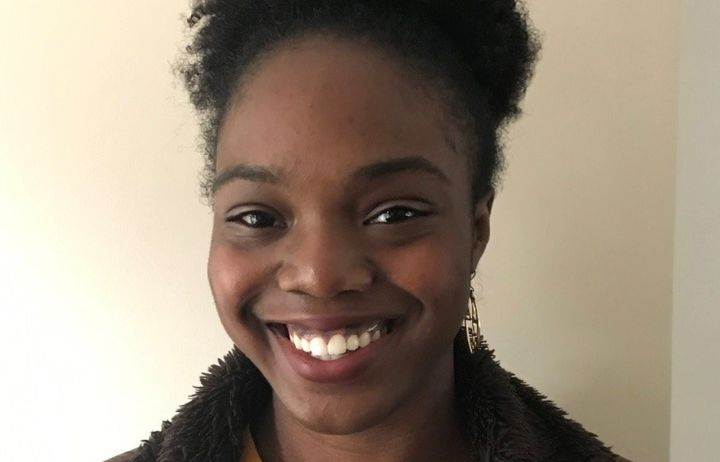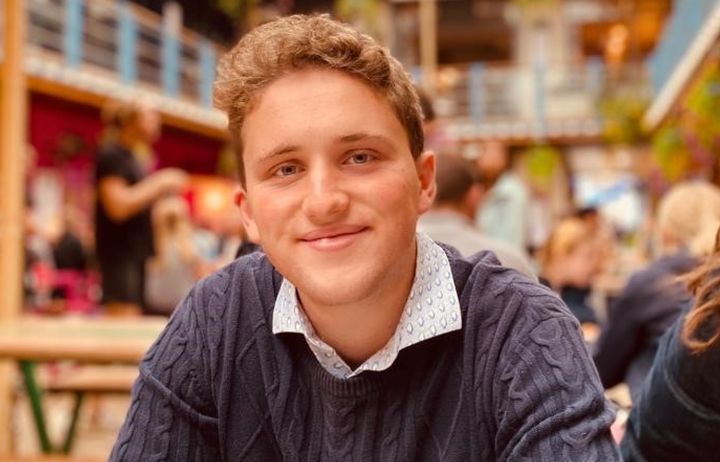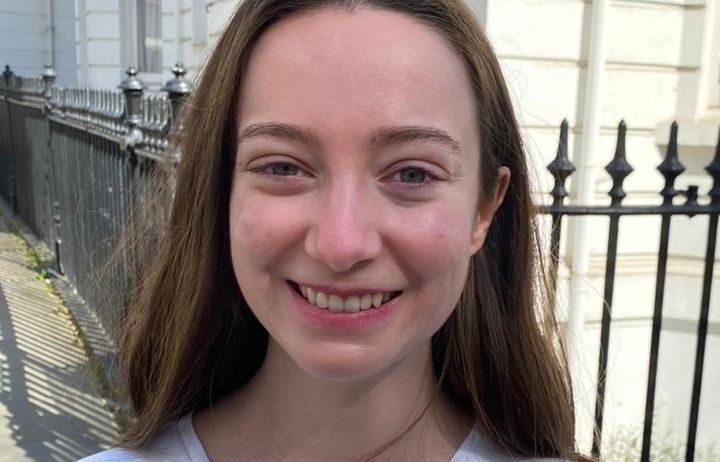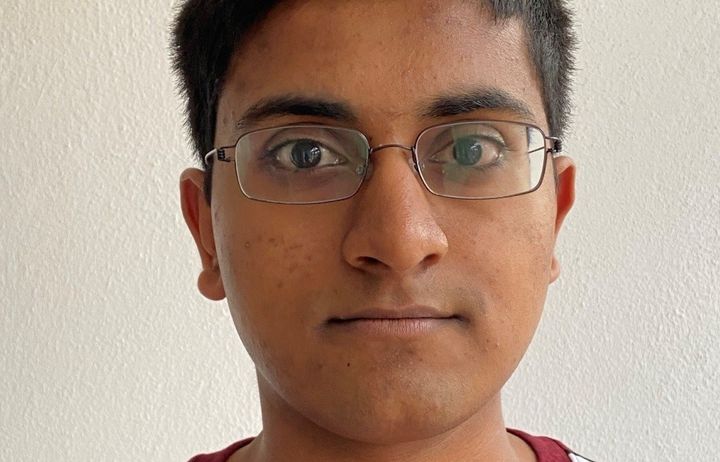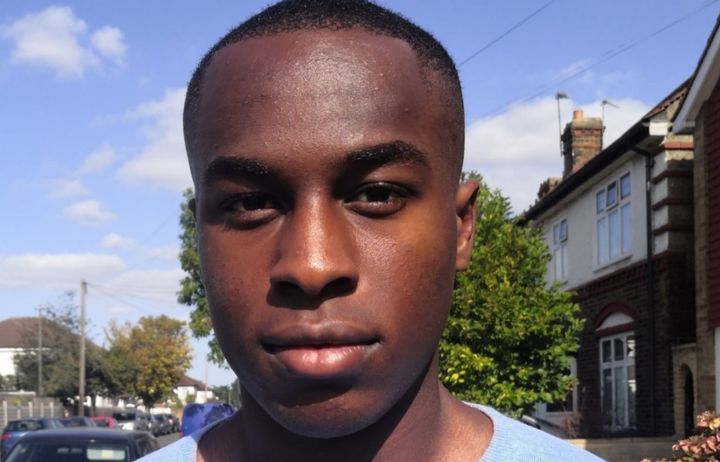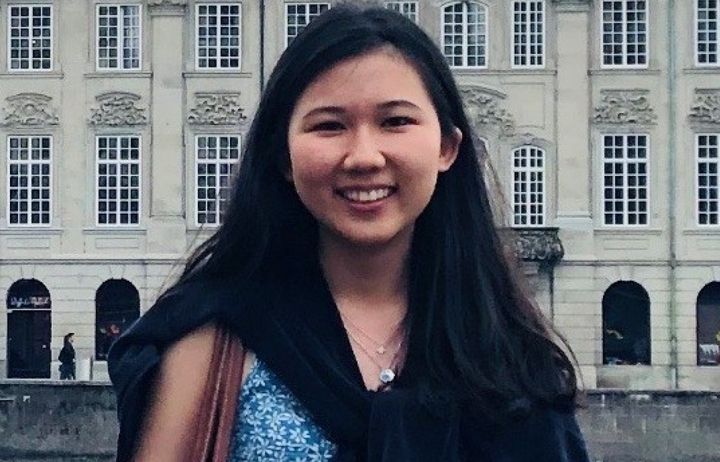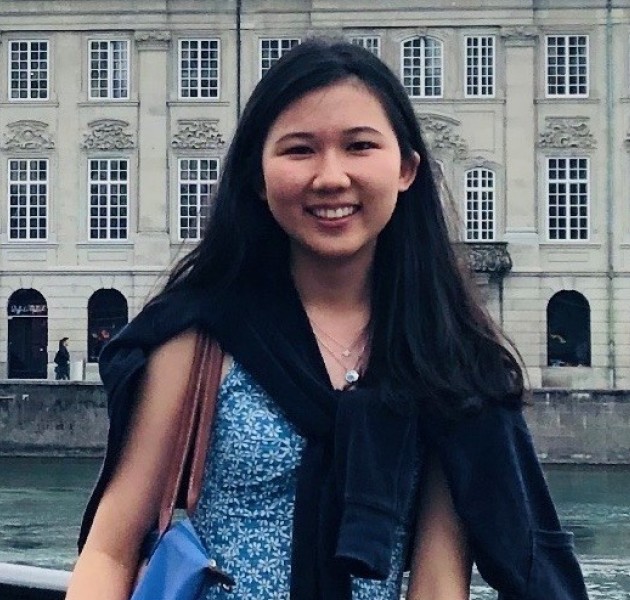 Nationality: Chinese
Nationality: Chinese
Degree Programme: MSci Physics
Year of Programme: Year 2
What A levels did you take? Maths, Further Maths, Physics, Chemistry
Studying physics
Tell us where your passion for physics started
For me, my passion for physics started from building circuits in a Saturday class that I went to in the 5th grade. I had the chance to play around with circuit boards, and at that time I loved to solder off unusual components from unused appliances and add them to my collection. I started to learn some physics through electronics.
Later in school, when I started studying physics properly, I realised it is not only about electronics, but has so much more beyond it. To me, it is fun to be able to understand the physical laws and realise how bizarre the world is through them.
Why did you decide to study physics at Imperial?
From talking to friends from different universities, Imperial gave me the best impression among all. The friendly community is the reason why I decided to study physics here.
What aspects of the programme do you enjoy the most?
The freedom inside the programme is what I enjoy the most. There are group and independent projects where I have the opportunity to choose interesting topics and carry out independent research. I was able to explore many fascinating topics to find my field of interest in physics.
Which has been your favourite module so far and why?
Practical Physics has been my favourite module because it is engaging and allows me to apply what I have learnt in the course. It is satisfying to see the theories agree with the observations and fun to work with others in lab.
What has been the most challenging part of the programme so far?
The challenging part comes from finding a balance between having a physical intuition while understanding the maths. Very often the maths part works but I cannot grasp the physics behind it. I now try to think more about the physical meaning when working on problems.
Is there anything about the Department of Physics, or your programme, that has surprised or impressed you?
The level of support the Department of Physics provides really surprised me. It is easy to find support if I look for it. There are always staff who are happy to help, whether it is academic or personal problems. The Head of Years meet up with students every week to take questions and feedback. Our opinions are respected and appreciated. Academic staff take actions to solve issues and support us in every possible way.
How would you describe the physics community at Imperial?
The Physics community at Imperial is friendly and inclusive. The lecturers, tutors and demonstrators I came across are patient and approachable, as well as the TAs (Teaching Assisstants). I remember one of the amazing TAs I had would always stay behind seminars to take questions. They are all passionate about their field of research and great at explaining physics in an accessible way.
More importantly, my peers are genuinely supportive inside and outside of Imperial. They come from a variety of backgrounds all over the world and everyone brings something different to the table. It has been very special to meet them.
What clubs, societies or other activities are you involved in at Imperial?
I was in Fencing and Choir last year and had a fun time. This year I am in the committee of Women in Science, Engineering and Technology society. It is fulfilling to make my contribution to the community and embrace the challenges outside my comfort zone.
Career
What are your future career goals and how has Imperial helped you realise them?
Studying physics at Imperial has helped me to be more aware of the current boundaries and developments in science. I can see more clearly about which industry I want to step into after graduation. With the knowledge and skills that I am currently developing, Imperial has laid a strong foundation that makes me feel very optimistic about my future career prospects.
What advice would you give to someone thinking about applying for your programme?
Talk to people who studied physics at Imperial if possible, and read about what you will be working on every day.
Before you go…
How do you find living in London?
It is nice to live in London, although it is expensive. During the normal times, there are always concerts and interesting events going around the city. Needless to say, there is so much to explore and experience in London.
When you’re not studying, what do you enjoy doing?
I like going to food markets and trying out new restaurants.
Meet more of our physics students
Contact details
Department of Physics
306 Blackett Laboratory
South Kensington Campus
London, SW7 2AZ
Tel: +44 (0)20 7594 7513
ph.admissions@imperial.ac.uk
Why Imperial?
Find out more about Imperial College London's UK and world rankings in undergraduate courses.
